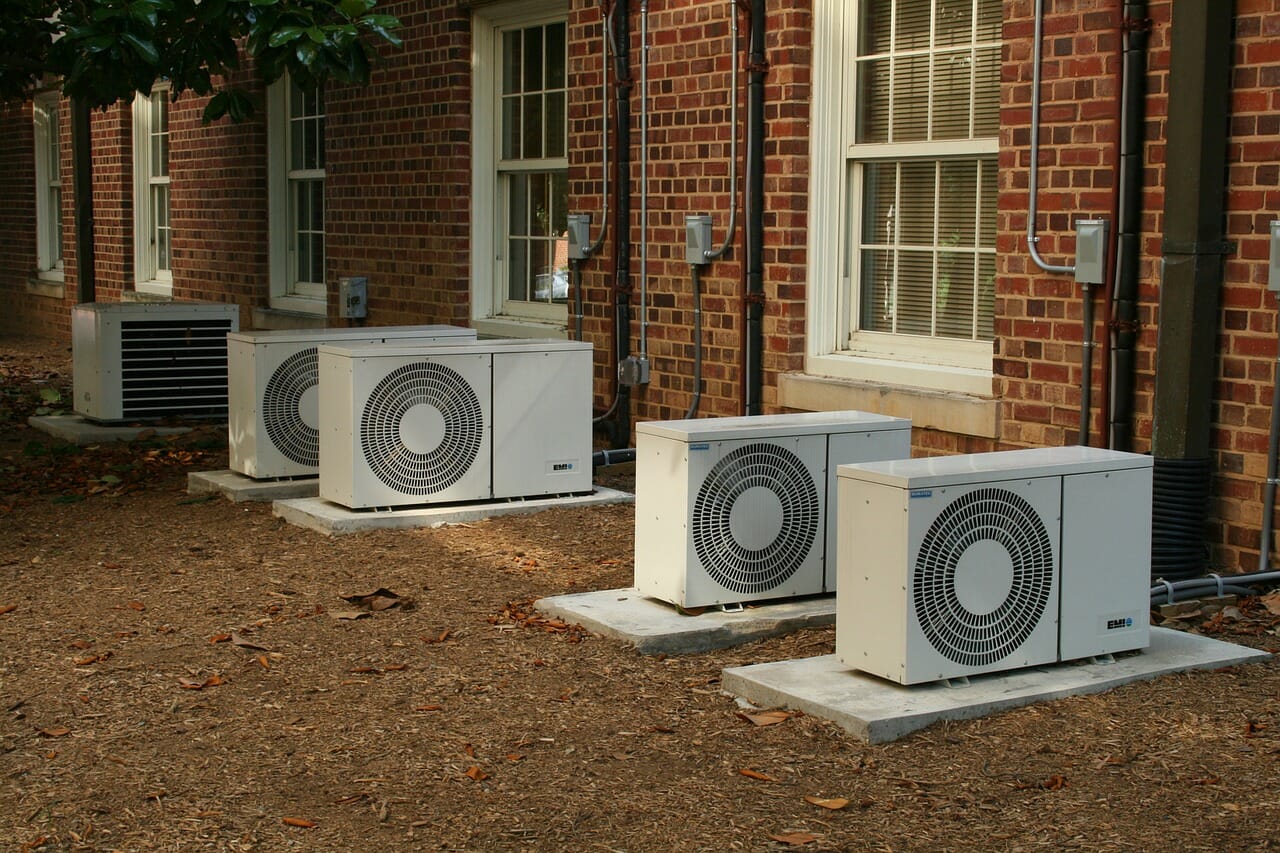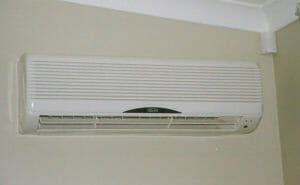The weather in Toronto can range from cold to sweltering summer heat, and throughout the year, you’re likely to be spending a lot on heating and air conditioning to keep your home as comfortable as possible. However, that doesn’t mean that your bills have to be through the roof. If you’re wondering why yours are so high, take a look at the five main contributors listed below and see how they can be used to save you money.
How to Reduce Heating and Air Conditioning Bills
- Thermostat Use – Adjusting your thermostat by just 1°C can reduce your heating bills by up to 10%. Installing a programmable thermostat is beneficial, as it allows you to set different temperatures for different times, which will automatically adjust to the times of day and night you need them to.
- Old Units – The older your heating and air conditioning units are, the less efficient they’re likely to be. While replacing a furnace unit or installing a new air conditioning unit can be very costly in Toronto, it saves money on bills in the long run. To avoid having to do this and prolonging the life span of any unit or furnace, having it maintained regularly by Tropic Air, heating and cooling professionals can help you save in the long run.
- Clogged Filters – Check the vents filters and air conditioning units in your home for cleanliness. The chances are, you’ll find that they’ve been collecting dust and dirt which blocks airflow, making them less efficient and pushing up costs. For optimum performance, they should be cleaned or replaced regularly during furnace servicing/tune-ups. Switching a clogged-up filter for a new clean one can save 5-15% on energy bills.
- Insulation – Winter in Toronto can be very harsh, with temperatures dropping to sub-zero. Poor insulation means that valuable warm air can escape through the walls or windows, and it’s completely inefficient to spend time and money heating the air in your home only to let it slip out. Fill any cracks or other air leaks with caulk or weather stripping to keep the air in and maintain the temperature more easily. If you’re not sure how to go about this yourself, you can have your home audited to check the insulation. In the summer, the sun can come beating through windows, heating up your home even when you have the air conditioning running. Use blinds or shades to block it out and stop unnecessary heat from coming in.
- Insufficient Air Flow – It’s no good heating or cooling the air if it only stays in one place, it needs to move around your home in order to provide the most comfortable temperature. If your home is small, this won’t be too difficult, but larger spaces require more work to achieve good airflow. The use of fans is integral for this. Keep in mind that hot air rises, so should be pushed down if you want to keep warm, or pushed up to cool the room. This will take some strain off your heating and air conditioning.
Energy bills seem to be ever-rising and count for a large chunk of most people’s expenses. Assessing the main factors listed above could help you reduce those bills, so you can spend your hard-earned money on something more enjoyable. Make sure your home’s heating and air conditioning systems are working as they should to avoid putting extra strain on them and spending more than you need to. Investing time to do that will pay off later.



